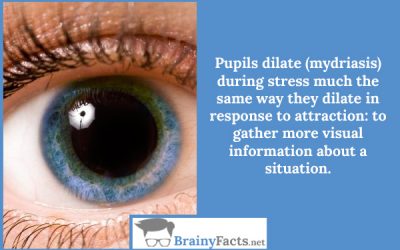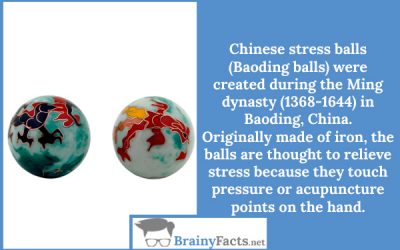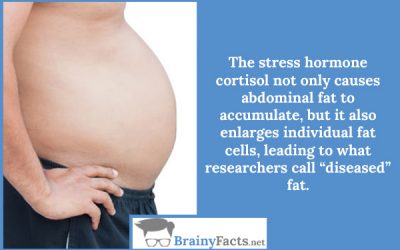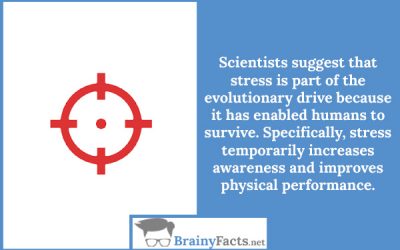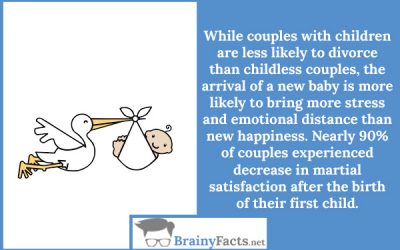13 Facts About Stress and Your Health
Mydriasis
Pupils dilate (mydriasis) during stress much the same way they dilate in response to attraction: to gather more visual information about a situation.
Blood sugar levels
Stress can alter blood sugar levels, which can cause mood swings, fatigue, hyperglycemia, and metabolic syndrome, a major risk factor for heart attack and diabetes.
Laughing benefits
Laughing lowers stress hormones (like cortisol, epinephrine, and adrenaline) and strengthens the immune system by releasing health-enhancing hormones.
Stress-related disorders
Men are more likely than women to develop certain stress-related disorders, including hypertension, aggressive behavior, and abuse of alcohol and drugs.
The silent killer
Stress has been called “the silent killer” and can lead to heart disease, high blood pressure, chest pain, and an irregular heartbeat.
Hair loss
While it is a myth that stress can turn hair gray, stress can cause hair loss. In fact, telogen effluvium (hair loss) can begin up to three months after a stressful event.
Baoding balls
Chinese stress balls (Baoding balls) were created during the Ming dynasty (1368-1644) in Baoding, China. Originally made of iron, the balls are thought to relieve stress because they touch pressure or acupuncture points on the hand.
Baoding balls
Chinese stress balls (Baoding balls) were created during the Ming dynasty (1368-1644) in Baoding, China. Originally made of iron, the balls are thought to relieve stress because they touch pressure or acupuncture points on the hand.
The stress hormone
The stress hormone cortisol not only causes abdominal fat to accumulate, but it also enlarges individual fat cells, leading to what researchers call “diseased” fat.
Reason for stress
A 2009 CNN poll reveals that the number one reason for stress in most countries is money. The countries most stressed about money are Malaysia, China, Singapore, and the United States. The countries least stressed about money are Russia, France, and Italy.
Physical performance
Scientists suggest that stress is part of the evolutionary drive because it has enabled humans to survive. Specifically, stress temporarily increases awareness and improves physical performance.
Chocolate reduces stress
Research has shown that dark chocolate reduces stress hormones such as cortisol and other fight-flight hormones. Additionally, cocoa is rich in antioxidants called flavonoids.
Instant happiness
Petting a dog or cat or other furry pets releases oxytocin (the “cuddle hormone”), which creates instant happiness. Oxytocin also lowers blood pressure and reduces stress levels.
Marriage and child
While couples with children are less likely to divorce than childless couples, the arrival of a new baby is more likely to bring more stress and emotional distance than new happiness. Nearly 90% of couples experienced decrease in martial satisfaction after the birth of their first child.

